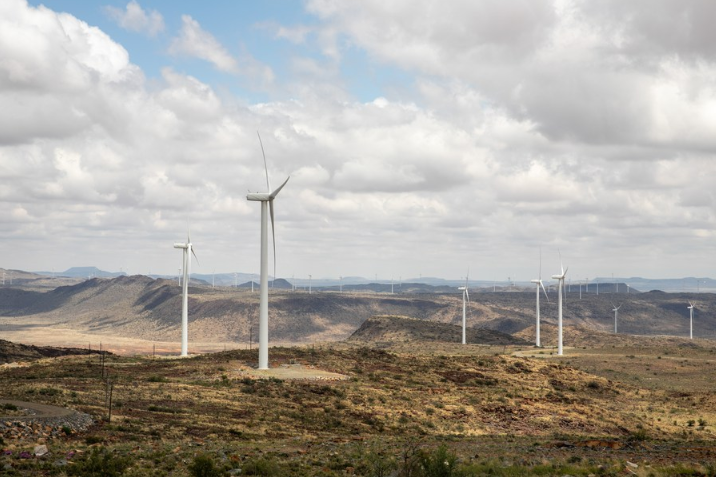Young Kazakh building a career on modern Silk Road

URUMQI — "There are two imported things in my company, one is the oil, the other is me," said Miras Kilybayev, deputy director of Jinsi Oil in the bonded zone of Alataw Pass bordering Kazakhstan in China's Xinjiang Uygur autonomous region.
The Kazakhstan businessman, 25, works for one of the largest agricultural companies in his country. Last year, he was sent to China to expand the company's business.
"The whole world is looking at the Chinese market, so we can't afford to ignore it," he said.
Kilybayev learned Chinese at Tsinghua University and chemical engineering at Beijing Institute of Technology from 2008 to 2014. After graduation he returned to Kazakhstan, but deep down, he knew he would come back to China.
"The first time I was in China, I bought a bottle of local cooking oil from a supermarket. It tasted different and made me homesick," said Kilybayev who speaks not only Kazakh and Chinese, but also English and Russian.
According to him, farmers in Kazakhstan follow traditional farming methods, use non-GMO seeds, and seldom add fertilizers.
"Low yields guarantee high quality, especially in the northern province, where my company manages 20,000 hectares of arable land," Kilybayev said.
At its first factory - also the first foreign-funded enterprise - established in the bonded zone, Kilybayev's company received support from the local government: from streamlined approval procedures, low-cost office space to considerable subsidies.
The oil refinery, with a total investment of 20 million yuan ($2.9 million), went into operation in July last year. Crude cooking oil is transported by train from Kazakhstan. Customs duties and value-added taxes are exempted in the bonded zone.
"It's like producing in my own country," Kilybayev said.
The daily output has risen to nearly 100 metric tons. Demand is also increasing rapidly, thanks to local government connections with Chinese distributors.
"Our products are on the shelves across Xinjiang, including the regional capital Urumqi. In June, we will enter Guangdong and Jiangxi provinces in South and East China," Kilybayev said.
The Alataw Pass is one of the busiest land ports on the modern Silk Road. Last year, a total of 1,727 China-Europe and China-Central Asia freight trains passed through the port, an increase of 35 percent year-on-year, with the volume of goods transported exceeding 1.3 million tons, said Yang Yonghong, head of Alataw Pass train station.
More foreign products, including agricultural products from Kazakhstan, are now transported to China by rail.
Nine Chinese cities, including Chengdu, Chongqing, Xi'an and Yiwu, have launched China-Europe trains travelling via the Alataw Pass, which makes Kilybayev optimistic about in his company's future.
"We have recently decided to open a flour mill and a poultry farm next to the refinery to bring more quality agricultural products from Kazakhstan," he said.
"I will be living in China longer than I originally expected, but my fiancee will be coming so I won't be lonely," said Kilybayev, who is getting married this August.
- From 'made in China' to 'created in China', Kazakh people bear witness
- Premier Li and Kazakh PM witness launching of Chinese auto project
- Kazakh president to attend Belt and Road Forum, calling for expanded co-op with China
- Kazakh singer sings in new Chinese film
- Premier Li: China to better dovetail Belt and Road Initiative with Kazakh projects

































